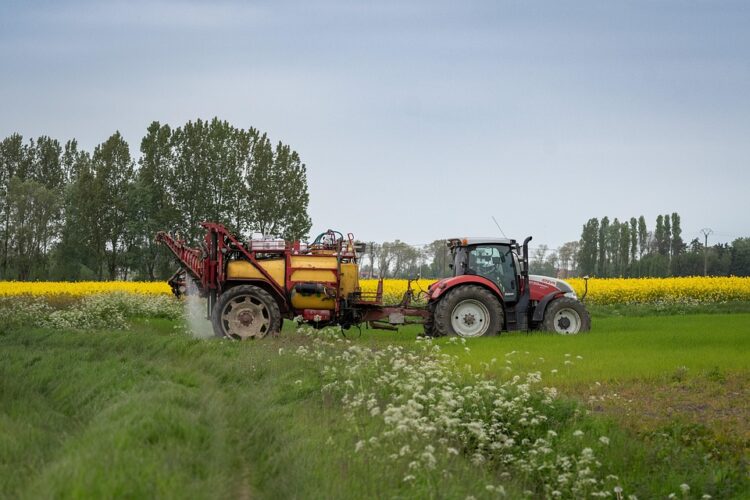Harvesting Hope: Building Resilient and Sustainable Food Systems for the Future
As the global population continues to grow, the demand for food is increasing at an unprecedented rate. With climate change, soil degradation, and water scarcity threatening our ability to produce enough food to feed the world, it is imperative that we build resilient and sustainable food systems for the future. Harvesting hope is not just about growing crops, but about cultivating a vision of a world where everyone has access to nutritious and affordable food, where farmers can thrive, and where the environment is protected for future generations.
The Importance of Resilient and Sustainable Food Systems
Resilient and sustainable food systems are crucial for ensuring food security, reducing poverty, and mitigating the impacts of climate change. By building food systems that are able to adapt to changing environmental conditions, we can ensure that farmers are able to continue producing food even in the face of challenges such as droughts, floods, and pests. Sustainable food systems also help to protect biodiversity, promote soil health, and reduce greenhouse gas emissions, making them essential for creating a more sustainable future.
Challenges Facing Our Current Food Systems
Despite the importance of resilient and sustainable food systems, our current agricultural practices are often unsustainable and harmful to the environment. Monocropping, excessive pesticide use, and intensive livestock farming are all contributing to soil degradation, water pollution, and biodiversity loss. In addition, food waste is a major issue, with around one-third of all food produced globally being wasted each year. These challenges not only threaten our ability to feed the world, but also have negative impacts on human health and the environment.
Strategies for Building Resilient and Sustainable Food Systems
Building resilient and sustainable food systems requires a multi-faceted approach that addresses the social, economic, and environmental aspects of food production. Some key strategies for achieving this goal include:
1. Diversifying Agriculture
By promoting crop diversification and agroforestry, we can reduce the risk of crop failure and improve soil health. Diversified farming systems are also more resilient to pests and diseases, reducing the need for chemical pesticides.
2. Supporting Small-scale Farmers
Small-scale farmers are often the most vulnerable to the impacts of climate change and environmental degradation. By providing them with access to resources, training, and financial support, we can help them to build more resilient and sustainable farming practices.
3. Reducing Food Waste
Reducing food waste is essential for creating a more sustainable food system. By implementing measures such as improved storage facilities, better transportation systems, and consumer education campaigns, we can reduce the amount of food that is wasted and ensure that more food reaches those in need.
4. Promoting Sustainable Livestock Farming
Intensive livestock farming is a major contributor to greenhouse gas emissions, deforestation, and water pollution. By promoting sustainable livestock farming practices such as rotational grazing and organic feed production, we can reduce the environmental impact of meat production.
The Role of Technology in Building Resilient Food Systems
Technology plays a crucial role in building resilient and sustainable food systems for the future. From precision agriculture and drone technology to blockchain and AI, there are a wide range of tools that can help farmers to improve productivity, reduce waste, and adapt to changing environmental conditions. By harnessing the power of technology, we can create more efficient and sustainable food systems that are better equipped to feed the world.
Conclusion
Harvesting hope is about more than just growing crops – it is about building a vision of a future where everyone has access to nutritious and affordable food, where farmers can thrive, and where the environment is protected for future generations. By building resilient and sustainable food systems, we can ensure that we are able to feed the world in a way that is environmentally sustainable, socially equitable, and economically viable. With the right strategies, technologies, and investments, we can create a future where food security is guaranteed for all.
By working together to address the challenges facing our current food systems and implementing innovative solutions, we can harvest hope for a brighter and more sustainable future for all.











